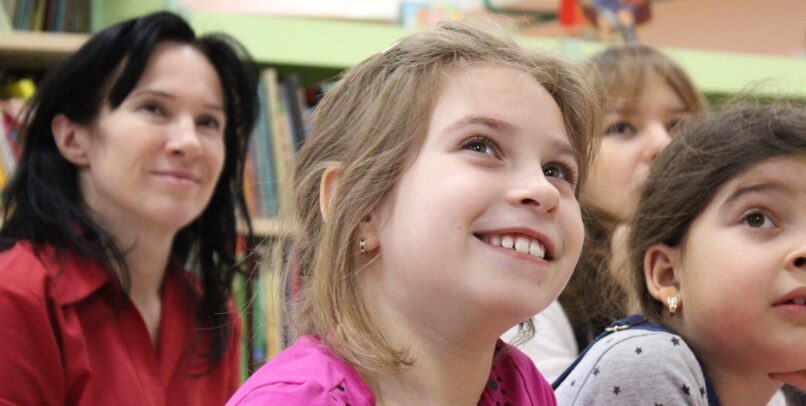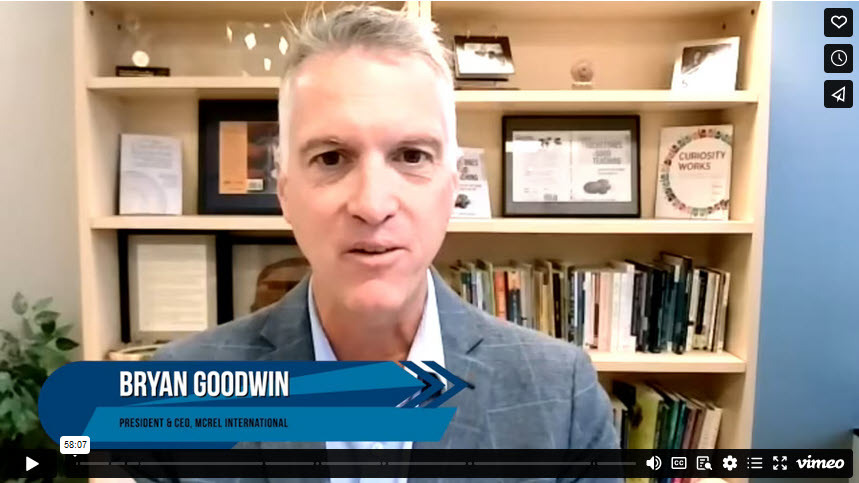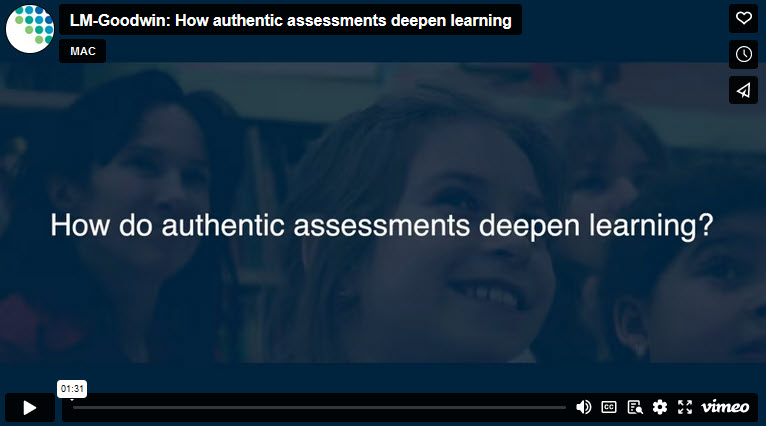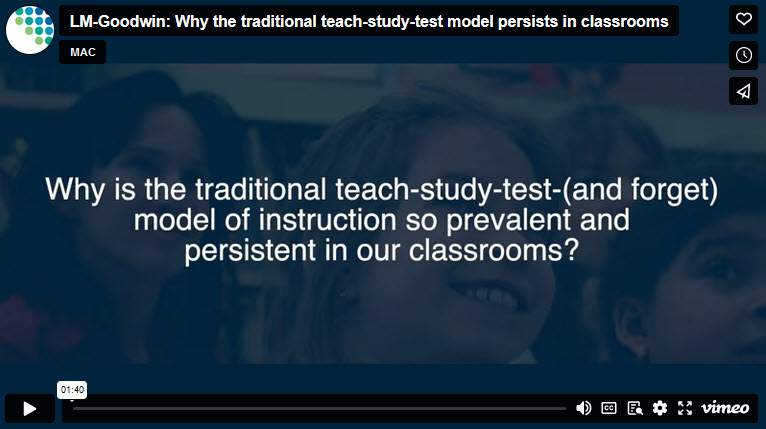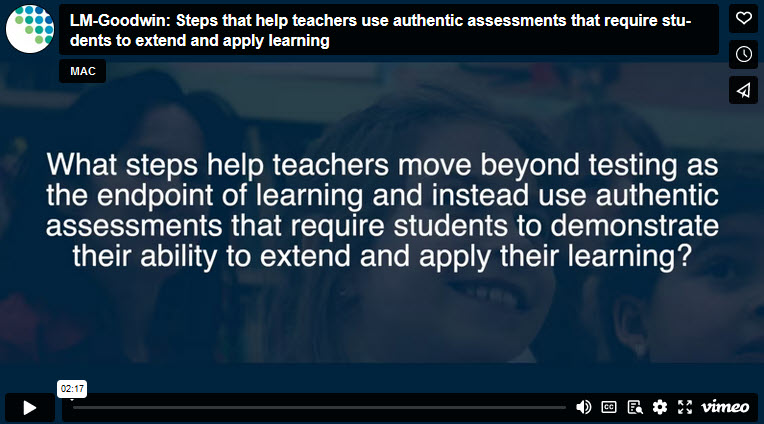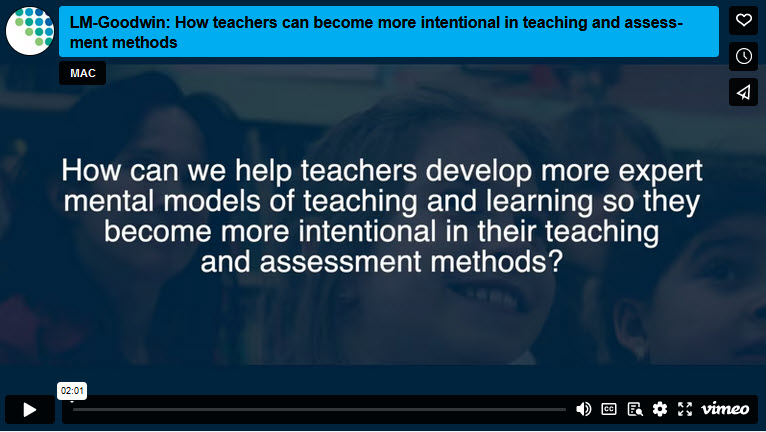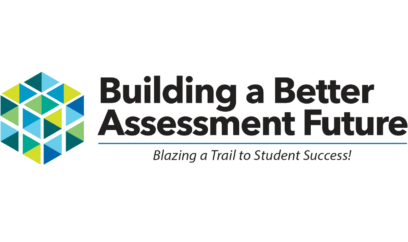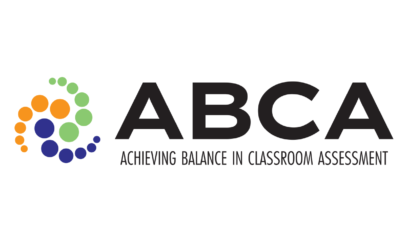Research suggests that students forget as much as 90 percent of what they learn in the classroom within 30 days of learning—largely because the traditional classroom model of teach-study-and-test does not reflect how our students’ brains are designed to work. The good news is that we now know more about the science of learning—and the teaching practices that support it—than at any time in human history. When we focus on planning for learning grounded in authentic assessment methods, we can create classroom experiences that are not only more effective, but also more joyful—for students and teachers.
During this session, Bryan Goodwin will share:
- a simple, six-phase brain-based model of learning that every teacher can use for any grade level and subject area to challenge and engage students in deep learning;
- why the last of these six phases of learning is the most powerful and engaging for students—but also conspicuously absent in many classrooms; and
- three powerful teaching strategies that align with this “missing” phase of learning (and reflect authentic assessment methods) and have been shown through scientific studies to dramatically improve student outcomes and close achievement gaps.
Framing Questions:
- Why is the traditional teach-study-test-(and forget) model of instruction so prevalent and persistent in our classrooms?
- What steps help teachers move beyond testing as the endpoint of learning and instead use authentic assessments that require students to demonstrate their ability to extend and apply their learning?
- How can we help teachers develop more expert mental models of teaching and learning so they become more intentional in their teaching and assessment methods?
Event Resources
Presentation Video
ALN Presentation: Using the Science of Joyful, Deeper Learning to Rethink Assessment (to view chapters, watch in Vimeo at vimeo.com/903774336/8461700278)
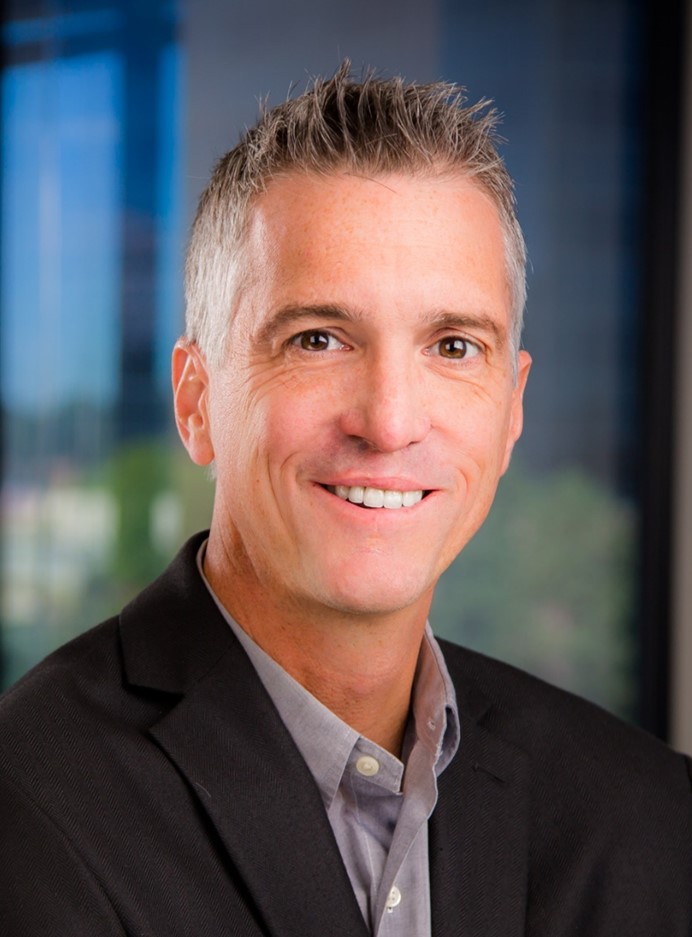
Presenter: Bryan Goodwin
Bryan Goodwin is President and CEO of McREL International, a nonprofit school improvement organization that seeks to harness the power of curiosity and inquiry to empower all learners through rigorously researched professional learning and coaching services for school systems worldwide. He has written many books that translate research into practice for educators, including The New Classroom Instruction that Works: The Best Research-based Strategies for Increasing Student Achievement (ASCD, 2022), Building a Curious School: Restore the Joy that Brought You to School (Corwin, 2020), Learning that Sticks: A Brain-Based Model for K—12 Instructional Design and Delivery (ASCD, 2020); Unstuck: How Curiosity, Peer Coaching and Teaming Can Change Schools (ASCD, 2018), Balanced Leadership for Powerful Learning: Tools for Achieving Success in Your School (ASCD, 2015), The 12 Touchstones of Good Teaching: A Checklist for Staying Focused Every Day (ASCD, 2013), Simply Better: Doing What Matters Most to Change the Odds for Student Success (ASCD, 2011). He also writes a regular research column for ASCD’s monthly Educational Leadership magazine. He has shared insights with audiences from across the Caribbean, Mideast, North America, South America, Oceania, and Australia. He holds a B.A. from Baylor University and an M.A. from the University of Virginia.


